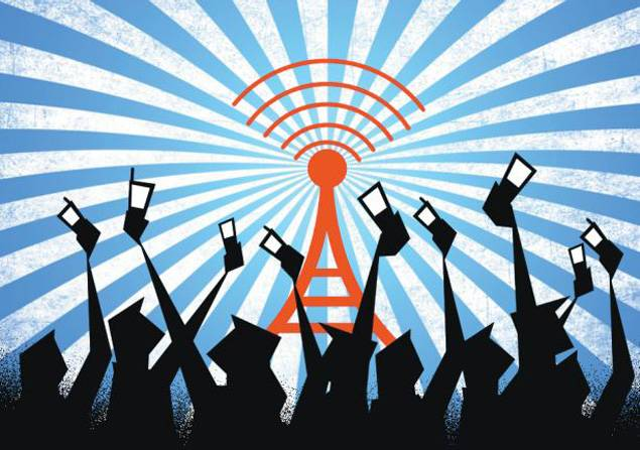
How does internet access improve lives in developing countries?
Internet access can help to improve access to information, opportunities, and services, and can contribute to the overall well-being and development of communities in developing countries. Five examples include:
- Education: Internet access can provide people in developing countries with access to a wealth of educational resources, including online courses, educational videos, and other materials. This can help to improve the quality of education and expand opportunities for learning, especially for people in remote or underserved areas.
- Employment: Internet access can help people in developing countries to find and apply for jobs, as well as connect with potential employers and clients. It can also enable people to start and run their own businesses, providing a source of income and economic opportunities.
- Healthcare: Internet access can provide access to health information and resources, including telemedicine services, which can improve access to healthcare and lead to better health outcomes.
- Communication: Internet access can help people to stay connected with friends and family, and to access news and information from around the world. It can also facilitate the exchange of ideas and facilitate collaboration with others.
- Political participation: Internet access can provide a platform for people to engage in political discourse and participate in the democratic process, helping to promote transparency and accountability in governance.
How Mobile Phones are Catalyzing an African Revolution
The following is an excerpt from Russell Southwood’s new book, Africa 2.0 – Inside a Continent’s Communications Revolution, an ambitious 35-year history of...
Apply Now: $60,000 for Your Creative Ideas to Bridge the Digital Divide
There are 2.9 billion unconnected people across the globe, an issue that was significantly exacerbated by the COVID-19 pandemic. According to UNESCO, in 10 countries...
Why We Need This New Tool to Measure Internet Resilience
The COVID-19 pandemic has made clear that the Internet plays a critical role in society, and it’s underlined the importance of reliable Internet connectivity...
6 Digital Agriculture Opportunities in 47 sub-Saharan African Countries
Sub-Saharan Africa has the largest area of arable uncultivated land in the world and a youthful population of almost 60 percent under the age of 25, which is expected...
How Different Age Groups Use Internet Services Differently
Internet penetration generates opportunities that can improve people’s well‐being. However, the existence of digital gaps can lead to a scenario...
Apply Now: $2 Million USAID Grants for Internet Connectivity and DFS
The American people seek to improve the lives of millions of low-income and vulnerable people throughout the world by supporting the development of open, interoperable,...
Mapping Trends in African Government Internet Freedom Restrictions
Internet freedom in Africa has been on the decline over the past years with several countries continually adopting aggressive and sophisticated measures that...
6 Constraints on Youth Usage of Internet Services in African Countries
The Internet is presented as a panacea for the challenges that young people face, but this is not necessarily the case. Despite being drivers of Internet...
Apply Now $600,000 to Close Digital Divides in Morocco, India, and USA
Most technology systems were built to serve wealthy majorities who have rich digital access and literacy. This creates a digital divide that separates the already...
New Framework: Understanding Social Media, Conflict, and Resilience
Information has been used throughout history as a weapon to stoke or intensify violent conflict by mobilizing fighters or supporters, rallying the public or allies,...










